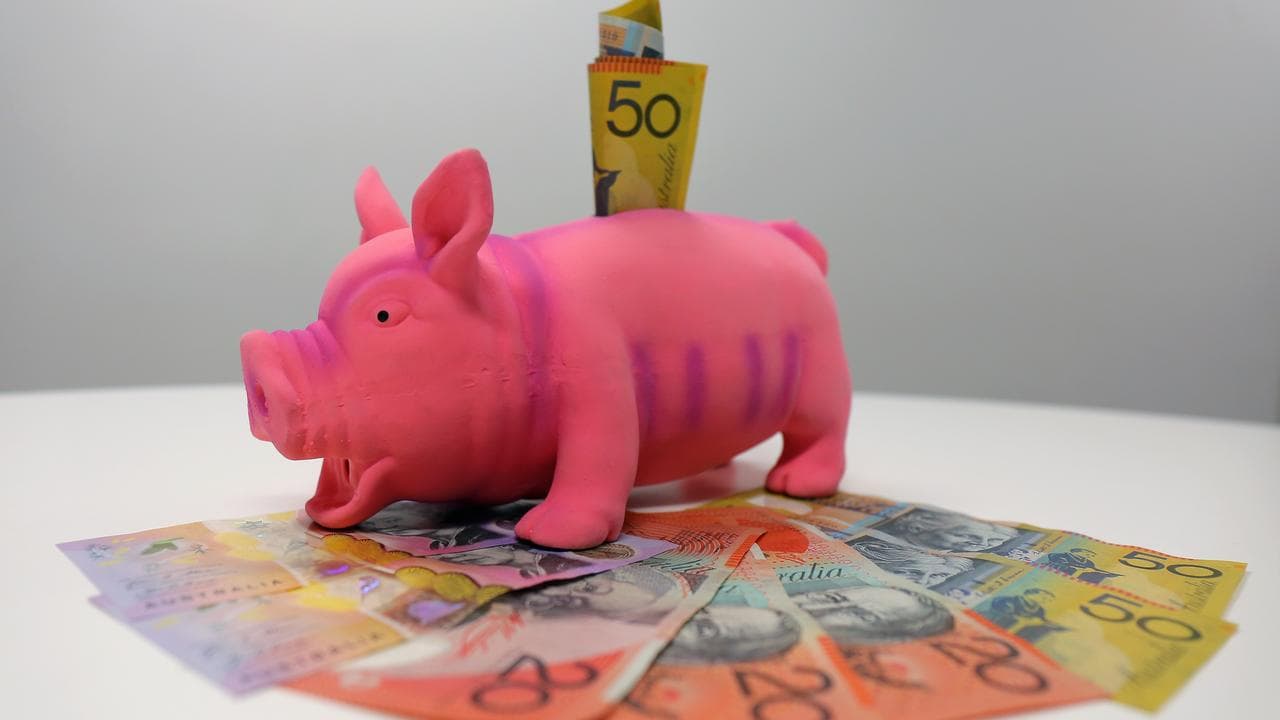
Australia's lowest paid workers are in line for a wage boost big enough to outrun the soaring cost of living.
Starting next month, workers on the minimum wage will get an 8.6 per cent wage rise - $1.85 extra an hour - following the Fair Work Commission's national wage case decision on Friday.
The industrial umpire lifted the minimum wage by 5.75 per cent but due to a technical tweak, it amounts to an 8.6 per cent base rate lift for the lowest-paid workers.
The change brings the hourly pay rate for minimum wage workers from $21.38 to $23.23.
Workers on award wages will get a smaller 5.75 per cent boost, which is not quite enough to outpace inflation of 6.8 per cent in the 12 months to April.
FWC president Adam Hatcher said the commission handed down its decision under a "very unusual" set of economic challenges, including falling real wages, ultra-low unemployment and high inflation.
"A further challenge is an expected sharp slowdown in economic growth over the next year," he added.
But he said the commission considered the impact of a high rate of inflation on the ability of low-paid workers to meet their basic financial needs.
The commission also factored in an upcoming boost to the superannuation guarantee as well as a weakening jobs market.
"We have also had regard to the need to avoid entrenching high inflation expectations by taking a perceived wage indexation approach, and the recent weak performance in productivity growth," he said.
Last year, the umpire lifted the minimum wage by 5.2 per cent.
Employment Minister Tony Burke said across the two decisions, the minimum wage was now nearly $3 more an hour.
"The line between wages and prices will start to cross," he said.
"It is only possible because we have a government that had been willing to argue for people to get a pay increase and has been willing to change the law for people to get a pay increase."
Mr Burke also dismissed suggestions the pay rises would jeopardise the Reserve Bank of Australia's task of returning inflation to its target range - a sentiment shared by the FWC president, who said the increases would not trigger a wage price spiral.
But the Australian Chamber of Commerce and Industry, which was calling for a more modest lift, warned the pay increase could make the RBA's job harder.
"The commission has disregarded the message it conveys to the wider labour market and the influence it holds over entrenching high inflation, as the Australian economy faces a worsening outlook in the years ahead," ACCI chief executive Andrew McKellar said.
But Australian Council of Trade Unions secretary Sally McManus said workers were also customers.
"When minimum wage workers get pay increases, they spend it in your businesses," she said.
Ms McManus said the increase in minimum and award wages would make an "incredible difference" to those workers.
NAB markets economist Taylor Nugent said the minimum wage decision came in higher than forecasters expected and could complicate the RBA's inflation fight.
"The FWC played down the broader macro implications of the decision, but the decision still applies to a material share of wages expenditure and there are risks of broader benchmarking and anchoring to today’s outcome across other wage agreements," he warned.
However, he said wages appeared to be stabilising in more flexible areas of the labour market, including the private sector.
The economist said the RBA board may be feeling less confident about returning inflation to target by mid-2025 in light of the wage decision.
"As such, next week's June meeting is line-ball for a further increase and today's decision skews the risks further in the direction of a still higher peak for Australian interest rates."




